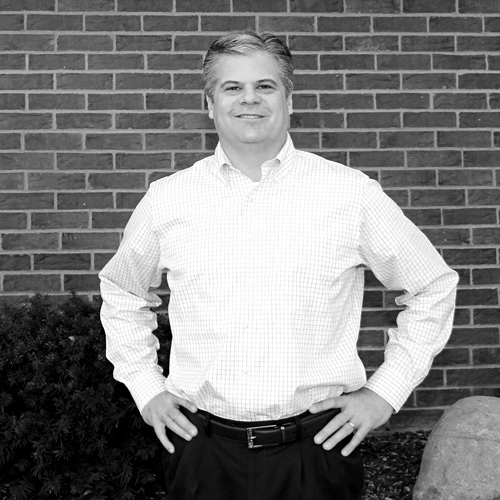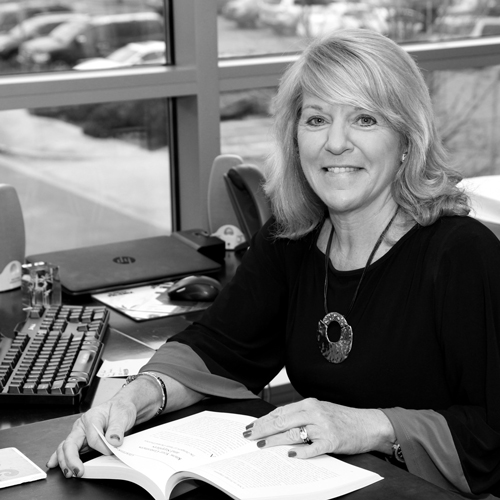I always said I wanted to be a lawyer, but I really intended to be an actress. That changed when I got a job after college with Community Action for Legal Services in New York City. I created a newspaper about the work that this legal aid group did in 21 designated poverty areas. Their work inspired me to pursue a law degree.
I applied to Yale by accident. Someone gave me an application during my freshman year [of undergraduate studies] at Vassar. I filled it out, and next thing I knew, I [transferred and] was a sophomore on campus. It was the Vietnam era of protests, a highly politicized time, and students felt empowered. Classes of every kind were open to me; I took graduate theater and psychology. I studied with Anna Freud. She was on campus collaborating on a book called The Best Interests of the Child. Three years later, it was part of law school curriculum. At Yale, we were encouraged to think about questions with no real answers, and our ideas were respected. The experience left me with far better analytical abilities and confidence in them. I learned how to think in a very comprehensive way. Yale expanded my intellectual curiosity and interests, my ability to reason, and my lifelong enthusiasm for learning.
I learned to trust my abilities as first chair handling a class action in Manhattan’s federal court. It was a major civil rights case that eventually settled for more than $650 million in relief. This was a pro bono matter. I worked with public interest lawyers who were very creative in their view of the law and spent years developing the facts with experts. My firm, Davis Polk, was very supportive and allowed me to use resources most public interest groups didn’t have. I got advice from partners and law school professors. I developed a better understanding of when to fight and when to compromise. Learning when to do which has helped me throughout my career.
At Community Action for Legal Services, I was trained to represent applicants denied welfare. The hearings took place on unfinished floors of the World Trade Center. We’d arrive at the hearing center, get hardhats, and be directed to a concrete cubicle. I liked being an advocate and learned a lot about the law from the attorneys who trained me. These professionals were dedicated and really felt that they could make a huge difference in civil rights. It was a very exciting time for public interest lawyers.
I’ve tried to appreciate the humanness of adversaries and to understand and respect cultural differences and expectations in legal systems around the world. I once watched a lawyer representing my company go the extra mile for a Polish plaintiff in a dismissed class action. It was clear that the man didn’t understand what had happened in court, and our outside counsel, who spoke Polish, took the time to explain it to him. He wanted the man to understand why he lost and why the ruling was fair. I try to emulate that behavior.
If you have good people, you can manage well through great change. At Verizon, we had a number of mergers, and I had a new boss every couple of years. The company evolved with technological and regulatory changes, and it grew very rapidly. I learned I could handle new caseloads with fewer attorneys than at first seemed possible. It is important to know and play to each lawyer’s strengths. To manage litigation in-house, it is critical to hire well, train well, and pair people well.
Having children was good training for me. With children, I got used to the unexpected and learned to adjust quickly, efficiently, and with humor. When my sons had ear infections and were up all night, when my babysitter got sick and couldn’t work, when there was a school event I needed to attend, I became much better at managing. The unexpected became the expected, and I developed a perspective that has helped in work—especially in negotiations in which I was able to find more creative ways to deal with new challenges.
I wrote poetry my whole life but stopped when I became a lawyer. I started writing again when my sons were in high school and college. One of my sons wrote gorgeous plays. I started writing poems, thinking I would try playwriting again, too, but I loved writing poetry and had a book published in 2013. Clarity in poetry writing is as important as clarity in legal writing. The purposes are different, as are the styles. But in both, one has to be careful about the words one chooses. Because of my legal skills, I’m a better poet.


